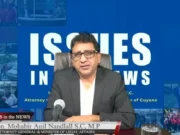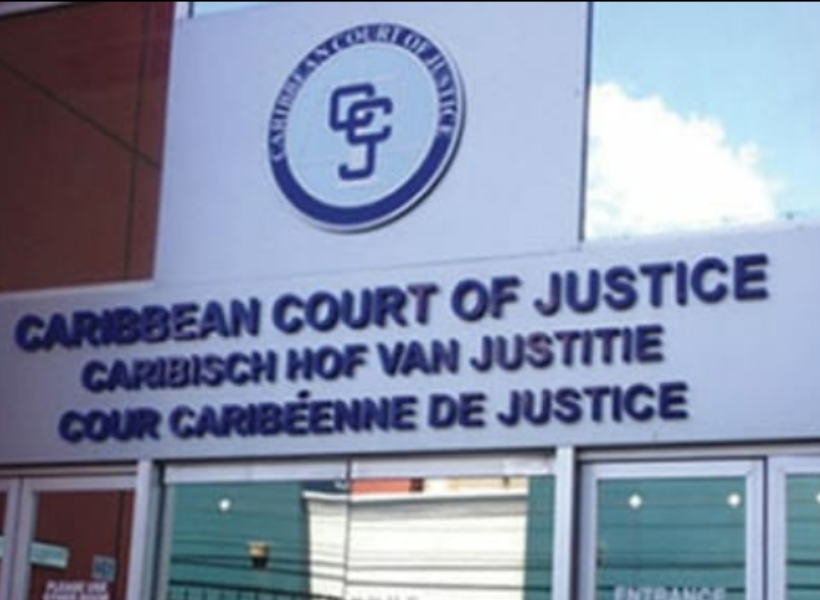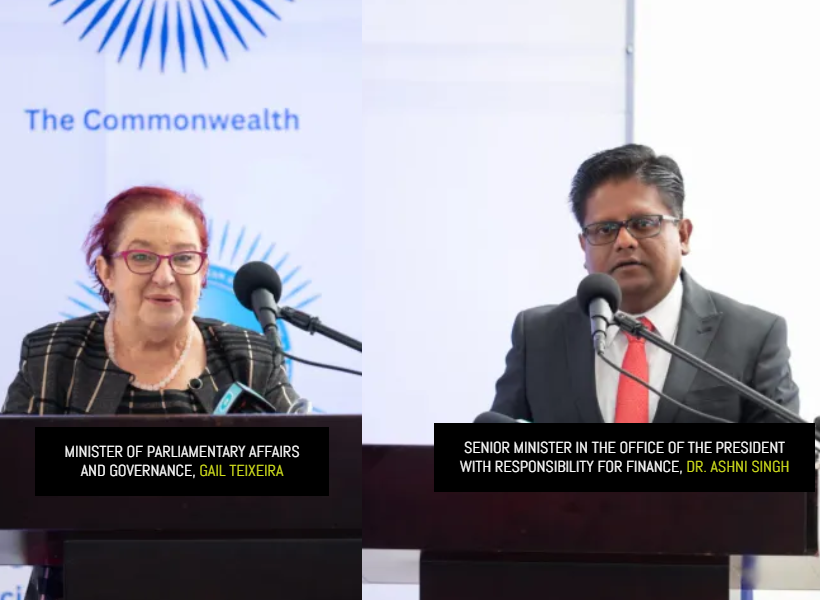While Guyana has made significant progress in rebuilding its institutions and presenting itself as a credible destination for international investors, there is still significant scope for improvement. This is especially as it pertains to strengthening the nation’s anti-corruption legislative framework says, Senior Minister in the Office of the President with Responsibility for Finance, Dr. Ashni Singh.
Speaking at the 9th Annual Conference of the Commonwealth Caribbean Association of Integrity Commissions and Anti-Corruption Bodies, which was hosted yesterday at the Arthur Chung Conference Centre (ACCC), Singh emphasized the importance of an efficient anti-corruption legislative framework in achieving sustainable development.
The minister said, “It took a lot of work, including with the support of our international partners, first of all, to restore democracy, to start to progressively rebuild the institutions of the state, an independent judiciary, other independent watchdogs, including those for the purpose of accountability and such.”
Further to that, he noted that his government is firmly committed to putting in place, an institutional architecture for good governance that will ultimately benefit the well-being of all Guyanese.
Echoing similar sentiments, Minister of Parliamentary Affairs and Governance, Gail Teixeira stressed the importance of involving citizens in the fight against corruption. Teixeira pointed to the “eyes and ears” concept as an essential component in building out the anti-corruption framework. She said this is a strategy that involves encouraging members of society to act as vigilant citizens and report any suspicious or corrupt activities they may observe.
“In every community in Guyana, there is a senior citizen who is watching like a hawk from their veranda or backstep what is happening in the community, what they are doing with the road, how much sand they are using, how much gravel, how long they work…we have to give credence to these persons who do recognize the value of money,” Teixeira said.
To strengthen the anti-corruption structure, Teixeira emphasized the need for involvement at the grassroots level. She then highlighted the establishment of the National Coordinating Committee (NCC) in 2021 to manage reporting and monitoring, in accordance with international anti-corruption policies, and its role in fostering greater participation in the reporting process. Despite this, she said, citizen reporters play a crucial role in holding government and private sector agencies accountable.











